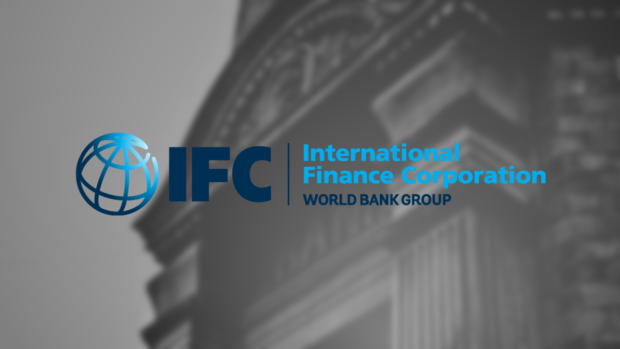Manila, Philippines – The International Finance Corp (IFC) and First Balfour, a prominent engineering and construction company in the Philippines, have formed a collaborative partnership to accelerate efforts in decarbonizing the transport sector and support the country’s climate goals.
Under this agreement, IFC will assist First Balfour in conducting assessments and viability studies to develop a comprehensive electric vehicle (EV) system in the First Philippine Industrial Park (FPIP). The system will include charging infrastructure that aims to be entirely powered by renewable energy.
FPIP is actively seeking ways to enhance its transportation system within and beyond the industrial park. This effort aims to be inclusive and beneficial to the locators, current transport service providers, and the nearby communities.
FPIP, spanning over 500 hectares and located approximately 50 kilometers from Manila, is one of the largest industrial parks in the Philippines. It houses more than 140 locators and employs around 70,000 individuals.
First Philippine Holdings (FPH) and Japanese conglomerate Sumitomo Corp jointly own FPIP. First Balfour, a wholly-owned subsidiary of FPH, has played a role in developing some of FPIP’s infrastructure.
“We are actively exploring opportunities in the electric vehicle space to provide integrated infrastructure and services to our customers, including FPIP. With the expertise of IFC, we can develop market solutions that are highly relevant and contribute to our country’s resilient future,” said Anthony Fernandez, President and Chief Operating Officer of First Balfour.
An increasing number of businesses in the Philippines are interested in adopting electric vehicles to promote environmentally-friendly operations. However, technical expertise in this area is limited, and successful business cases, particularly on a significant scale, are scarce.
“Electric vehicles represent a significant investment opportunity over the next decade. They are crucial in combating climate change, reducing emissions, lowering transport costs, and generating thousands of green jobs. Therefore, developing an efficient and thriving e-mobility ecosystem is essential for the Philippines to meet its climate commitments,” remarked Jean-Marc Arbogast, IFC Country Manager for the Philippines.
The Philippines is ranked among the most vulnerable countries to climate change. The transport sector is the largest source of air pollution and energy-related greenhouse gas emissions in the country, accounting for 31 percent of total GHG emissions. With the Electric Vehicle Industry Development Act in place, EVs can play a critical role in achieving the country’s target of reducing GHG emissions by 75 percent by 2030.
RELATED STORIES:
DOE calls for faster electric vehicle rollout in PH
Electric vehicles getting up to speed with the mainstream
Denial of responsibility! Samachar Central is an automatic aggregator of Global media. In each content, the hyperlink to the primary source is specified. All trademarks belong to their rightful owners, and all materials to their authors. For any complaint, please reach us at – [email protected]. We will take necessary action within 24 hours.



